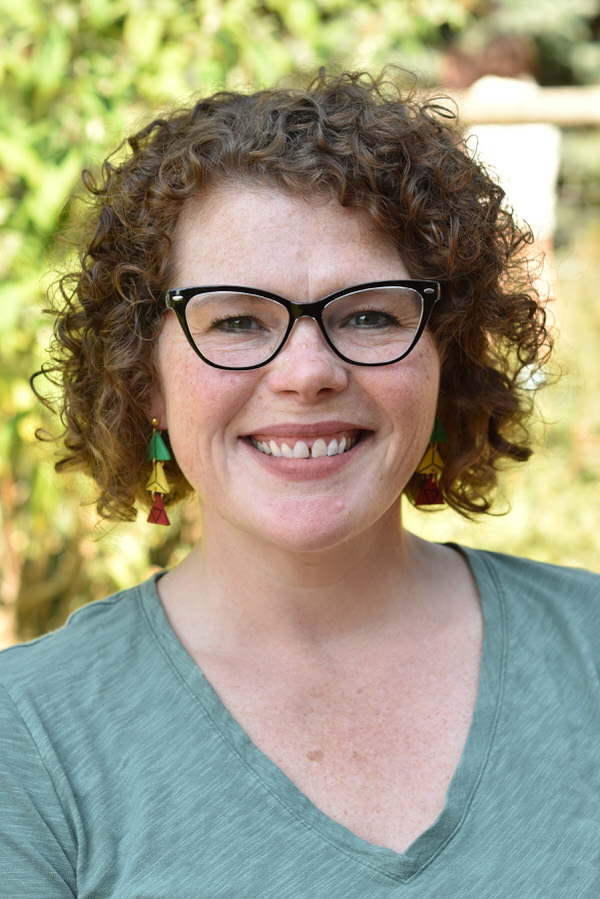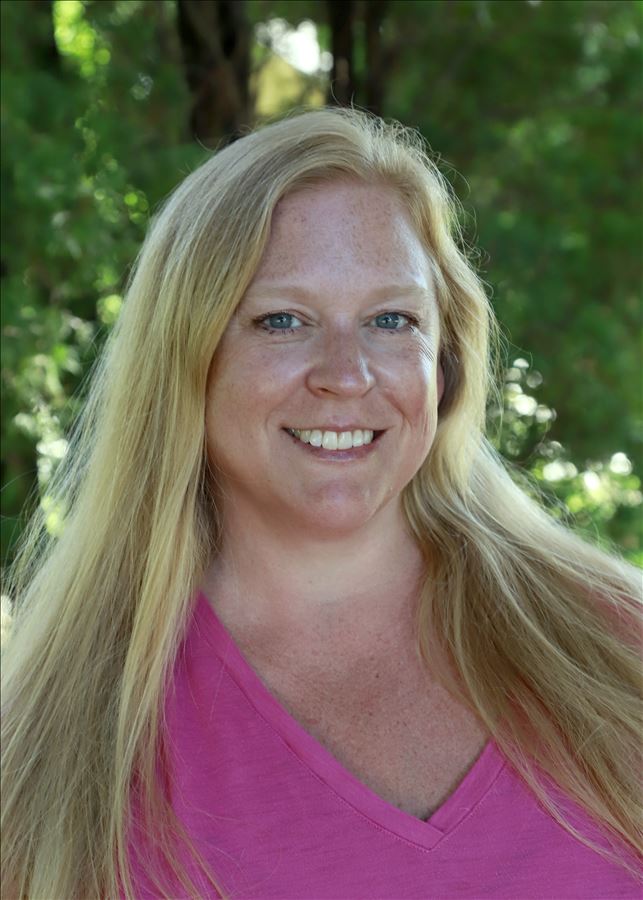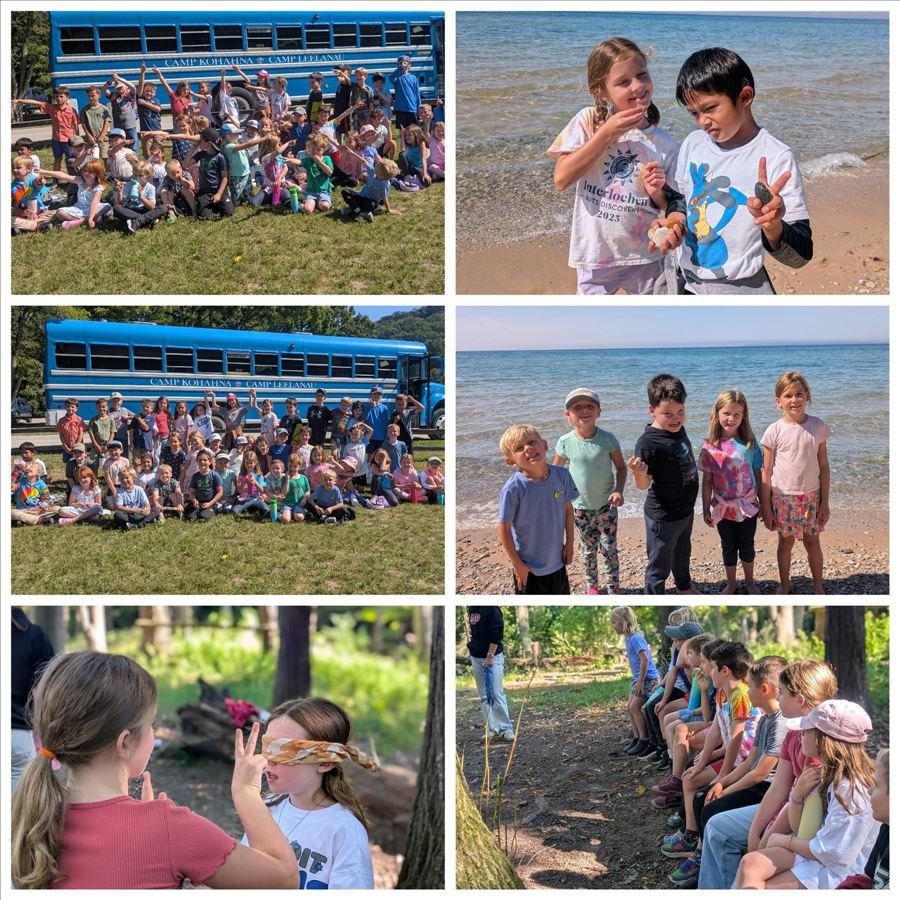|
I trust that you will find our classroom an exciting, attractive, lively and engaging place to be. Together we will create an atmosphere that is fair and just, and allows us to develop to our unique potentials. I am excited to share this journey and all of the promises that it holds with you. Onward we go, with flexibility and love! Jaime JaniszewskiJaime@traversechildrenshouse.org _ |
  |
Classroom Highlights
 September 24, 2025
September 24, 2025
Welcome Back to School!
It has been such a joy to be together again as we settle into the rhythm of a new school year. During our first two weeks, we devoted time to building connections, nurturing our classroom community, and learning the routines of both our classroom and the wider school. Over the past week and a half, we’ve also embarked on an exciting journey to explore the cosmos, Earth, and laws of the universe.
These first six weeks can be both joyful and challenging. The children arrive eager to learn, but it can take time to shift from summer adventures into the structure of school life. Already, they are embracing the challenge—wide-eyed with wonder as they witness a volcano erupt, create their own fossils, and dive into each new lesson.
Camp LOC was, as always, a highlight. The children returned tired, happy, and full of stories after another successful trip celebrating the beauty of Leelanau County.
We also completed our Willow Classroom Agreement, a process that invites the children to reflect on how they want to feel in our classroom and what kind of environment supports learning and growth. Together, they brainstormed, created art with Alison Hoffman, and signed their agreement, which will hang proudly on our wall.
Willow Classroom Agreement: I agree to balance my freedoms and responsibilities, so I am able to learn and can feel safe, respected, happy, and loved.
We’ve been talking about freedom and responsibility—big ideas for young, concrete thinkers, yet it’s incredible to see the depth and care they bring to these conversations.
Our first read-aloud of the year was Odder by Katherine Applegate, inspired by the real otter rescue program at the Monterey Bay Aquarium. Through Odder’s adventures and missteps. We just finished it today, and they seemed to enjoy the book! Perhaps you could ask them about it!
Music with Angela: This year the students have started working on the foundations of reading music and note reading. They have also started their work on ukuleles, from learning the parts of the instrument, learning beginning chords, and combining singing and playing. The ability to simultaneously sing and play requires another level of mastery beyond playing and singing separately. We are working toward being able to play several songs using 5 chords.
Art with Alison: News from the Art Room! The beginning of the year always starts with one of the student’s favorite projects of the year – placemat making. Each student creates their own personal placemat out of a cut piece of canvas that they design and paint with acrylic. These are very personal and unique to each student. I start by asking them the question, “What would you like to look at each day at lunch?” and they begin their brainstorming and designs first on paper and then transfer them to canvas. This year I’ve seen everything from robots to pets; army helicopters to sports team logos. The students are able to practice their drawing skills before diving into adding color with paint. We work on brush technique by first choosing the right size and shape for the area and then how best to hold it for smooth stroke application. The art room has been a gallery of creativity these past few weeks! I have to admit; it is one of my favorite projects of the year as well.
I am honored to be your partner on this journey. Each child is doing meaningful work in shaping who they are—work that builds the leaders and world-changers of the future.
Warmly,
Jaime</>